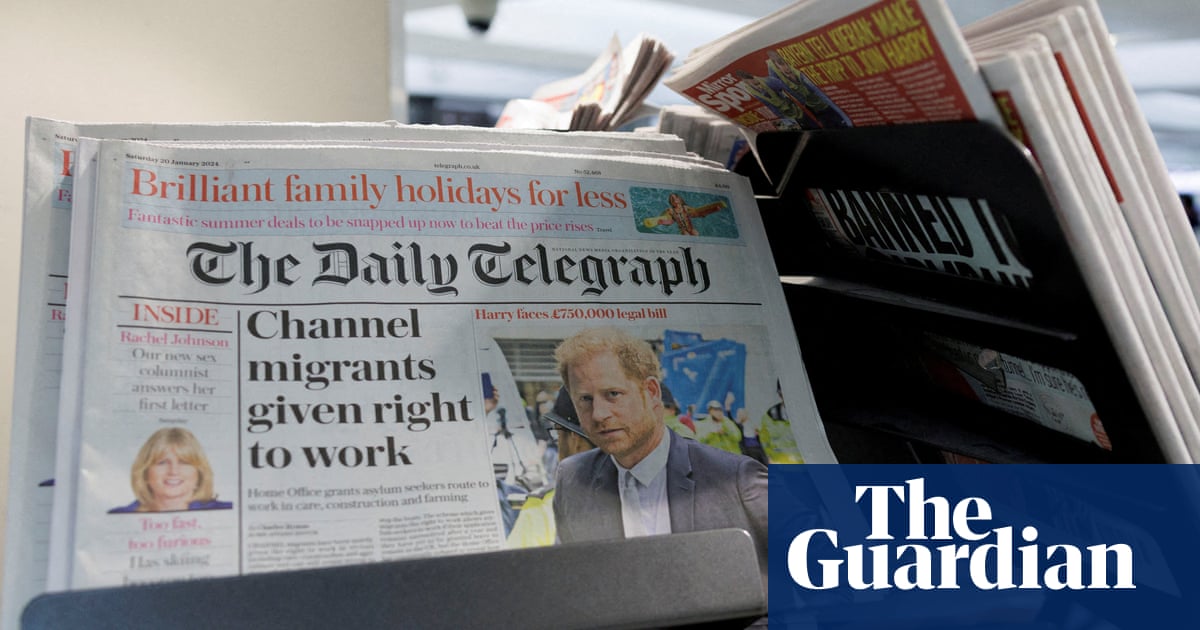
The UK government has stepped in to order an investigation of Nvidia’s $40bn takeover of the Cambridge-based chip designer Arm, citing potential national security concerns.
Oliver Dowden, the UK culture secretary, has written to the Competition and Markets Authority (CMA) instructing it to begin a “phase one” investigation into the deal, which was announced in September.
The competition regulator will prepare a report by the end of July with advice on jurisdictional and competition issues, as well as a summary of any representations on potential national security issues that arise from its consultation.
The government said it would examine the national security issues alongside the CMA’s process.
“Following careful consideration of the proposed takeover of Arm, I have today issued an intervention notice on national security grounds,” Dowden said. “We want to support our thriving UK tech industry and welcome foreign investment but it is appropriate that we properly consider the national security implications of a transaction like this. The phase one investigation will ensure specific considerations around competition, jurisdiction and national security are assessed.”
Dowden, who has quasi-judicial powers to intervene in certain mergers on public interest grounds, has the power to clear the deal, approve it subject to certain undertakings or ask the CMA to launch a more detailed phase two investigation.
Arm Holdings, which employs 6,500 staff including 3,000 in the UK, is a global leader in designing chips for smartphones, computers and tablets. California-based Nvidia, a graphics chip specialist, announced its plan to buy the British tech group from SoftBank in September.
SoftBank had acquired Arm for $32bn (£23bn), when the Japanese company took advantage of the fall in value of the pound after the Brexit vote. Arm is based in Cambridge but has operations in a number of UK locations, including Manchester, Belfast and Warwick.
In January, the CMA said it would look to investigate the possible effect of the deal on competition in the UK and whether Arm had an “incentive to withdraw, raise prices or reduce the quality of its intellectual property licensing services to Nvidia’s rivals”.
A spokeswoman for the CMA said: “In light of the government’s decision to issue a public interest intervention notice, the CMA will now [also] seek input from interested parties on national security public interest grounds.”
In October, Hermann Hauser, the co-founder of Arm, wrote to the House of Commons foreign affairs committee arguing that if the deal was allowed to proceed, the combined business would become the next US tech monopoly alongside companies such as Google, Facebook and Amazon.
He has argued that because Nvidia is one of more than 500 users of Arm’s designs worldwide – which include Apple, Samsung and Qualcomm – becoming the Cambridge-based business’s parent company will destroy Arm’s “even-handed” model and ultimately kill the world-leading British tech company.
He also told the BBC last year that the deal would be “an absolute disaster for Cambridge, the UK and Europe”, adding that Nvidia would inevitably decide to relocate Arm to the US, leading to lost jobs.
Hauser has said that the government should use its powers to prevent the takeover, but has also backed indefinite legally binding conditions as an alternative. These include a guarantee to keep Arm’s staff in Cambridge, Belfast, Manchester and Warwick, and a promise that Nvidia does not get preferential treatment on new versions of the designer’s chips.
Arm’s neutral role in the production and supply chain has previously led it to be described as the “Switzerland” of the semiconductor market.
The shadow business secretary, Ed Miliband, has also expressed concerns about the deal, and had called on the government to intervene to prevent parts of Arm being moved out of the UK.
In the US, the Federal Trade Commission is looking at the takeover on competition grounds.












